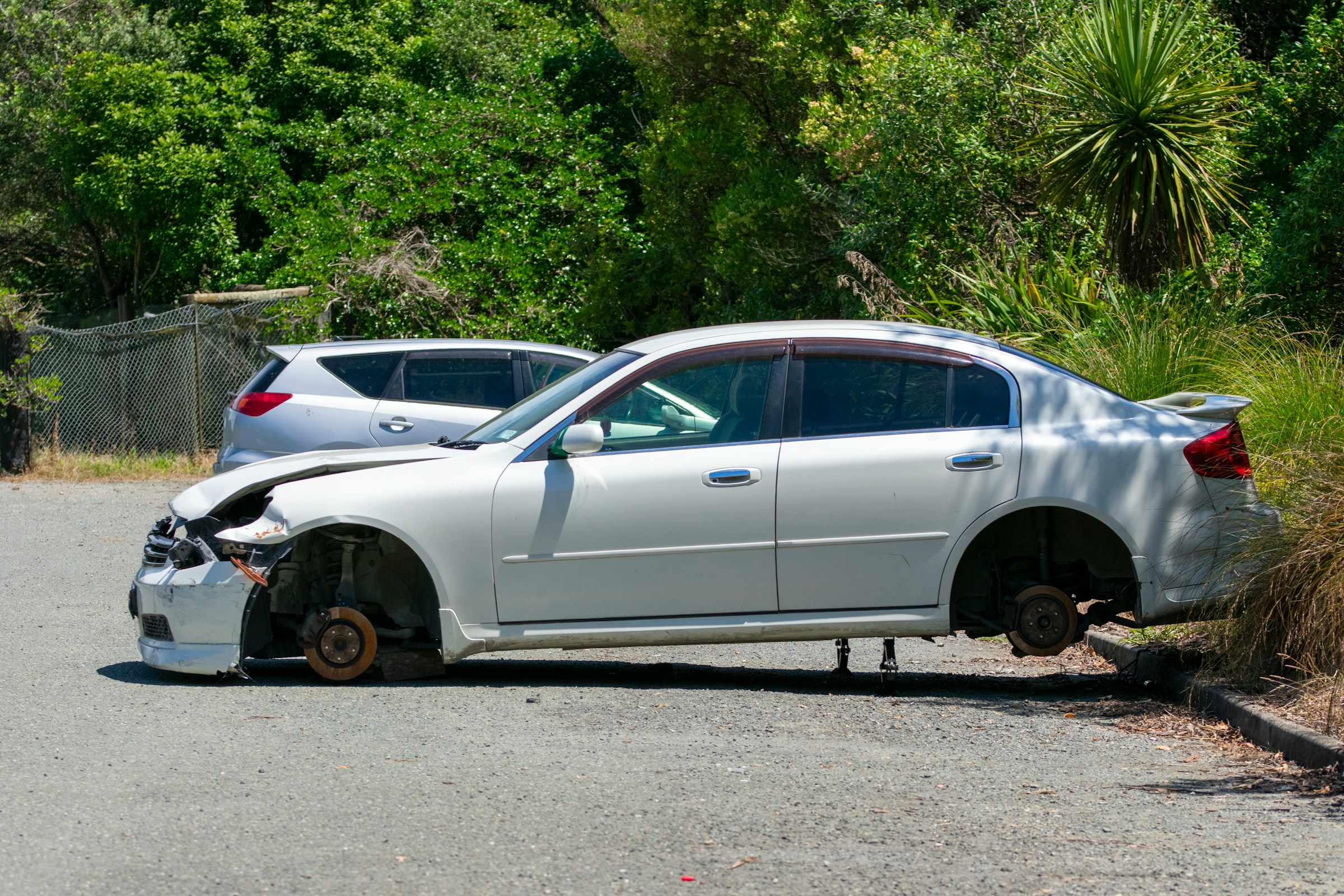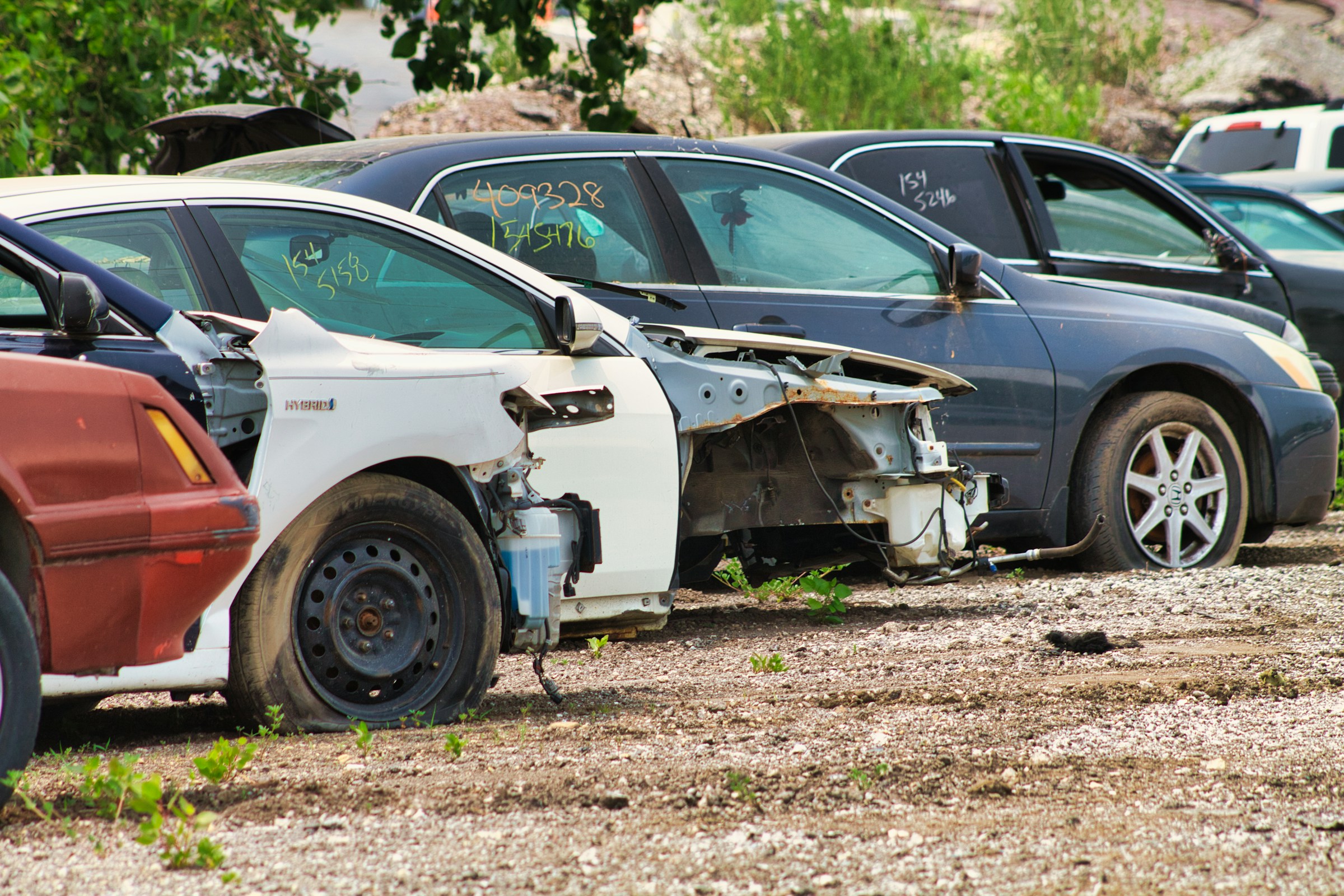Texas drivers deal with aging vehicles every day, and many eventually reach a point where repairs no longer make sense. When an old automobile turns into a financial burden, owners look for lawful ways to remove it from their property without creating new problems. Understanding the state’s requirements helps Texans avoid penalties, scams, and unnecessary delays.

Texas law sets clear expectations if you want to sell your junk cars in Texas. These rules protect sellers from liability and keep unregulated buyers from mishandling hazardous materials. Learning these procedures takes a little time, yet the effort prevents trouble later.
Title Ownership Requirements That Keep the Transaction Valid
Texas authorities insist on strict proof of ownership because junk vehicles often lack current registration or insurance. Sellers maintain control over the process by keeping the original title in good condition. If the document becomes damaged or lost, owners request a certified replacement through the Texas Department of Motor Vehicles. This step prevents confusion and shields sellers from accusations of fraud.
Buyers need a completed transfer section with accurate signatures. Sellers retain a copy or take a photo before handing over paperwork. This record demonstrates the exact moment ownership changes. Without this protection, a seller can face fines for abandoned vehicles or unpaid tolls.
Proper Vehicle Identification That Aligns With State Regulations
Every junk car still has a unique VIN that links it to state databases. Sellers check the VIN on the dashboard and doorjamb to confirm that both numbers match. Any discrepancies create suspicion, so verifying early helps everyone.
Many licensed recycling centers also inspect this information before purchasing. They want to ensure there are no theft problems. Sellers who prepare this step reduce delays and present themselves as responsible and informed.
Environmental Obligations That Protect Local Communities
Texas has strict environmental rules because junk cars contain fluids like oil, coolant, and brake fluid. Sellers choose buyers who follow state recycling practices. Responsible buyers drain hazardous materials, remove reusable components, and send the remaining metal to the correct facilities.
A seller who chooses an unlicensed buyer risks fines if the vehicle ends up in an unauthorized dumping site. Careful selection keeps local neighborhoods clean and avoids lengthy investigations.
Payment Practices That Prevent Scams and Disputes
Junk car transactions often involve quick cash, but smart sellers still follow safe procedures. They ask for payment types that leave a clear record, such as digital transfers or receipts. A reputable buyer always provides written confirmation that the car and title changed hands.
Sellers also compare quotes from several licensed yards or dismantlers. This comparison clarifies the vehicle’s realistic value and protects sellers from unusually low offers. Although junk vehicles rarely bring high payouts, informed owners recognize fair pricing.
Notification Requirements That Protect Sellers After the Sale
Texas requires sellers to submit a transfer notification through the DMV website. This step removes liability for toll violations, parking tickets, and any improper use after the sale. The notification takes only a few minutes and shields sellers from legal action.
Many people overlook this rule because they assume the title transfer alone updates the state system. In reality, the notification acts as a separate safeguard. Sellers who complete it secure themselves against future disputes.
Local Ordinances That Influence Junk Vehicle Storage Before Sale
Different Texas cities enforce their own rules on storing inoperable vehicles. Many municipalities issue citations if owners leave non-running cars in visible areas for long periods. Reviewing local codes prevents unexpected fines while arranging the sale.
Owners who cannot sell immediately should keep the vehicle covered, placed on private property, and out of public view. These simple steps reduce the attention code enforcement officers pay to the code.
Disposal of License Plates and Personal Information for Safety
Junk vehicles often contain documents such as insurance cards, registration receipts, and maintenance records. Sellers remove everything that includes personal data. They also remove license plates and store or dispose of them in accordance with state guidelines.
These precautions stop identity theft and keep old plates out of circulation. They also ensure no organization links the retired plates to new violations.

Verification of Buyer Licensing for Legal Assurance
Texas requires businesses that buy junk vehicles to maintain appropriate certifications. Sellers check for a current salvage dealer license or metal recycler registration. A legitimate buyer freely shares this information.
Verifying licensing prevents complications such as stolen parts, hazardous-waste mishandling, and improper resale. Sellers maintain confidence when they work only with authorized professionals.
A Responsible Path Forward for Retiring Old Vehicles
Selling a junk car in Texas involves more than exchanging cash for an unwanted automobile. Owners protect themselves by verifying ownership documents, confirming VIN accuracy, selecting reputable buyers, submitting transfer notifications, and following environmental rules. Texas offers clear guidelines, and informed sellers navigate the process smoothly, freeing them up to move forward and buy a new car.
Article Last Updated: November 28, 2025.
